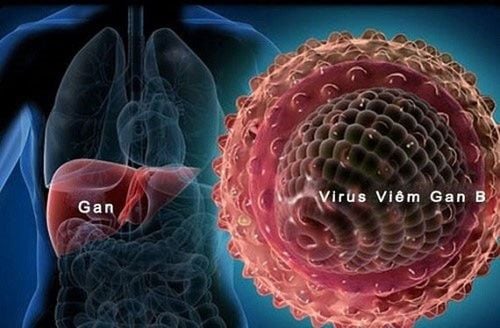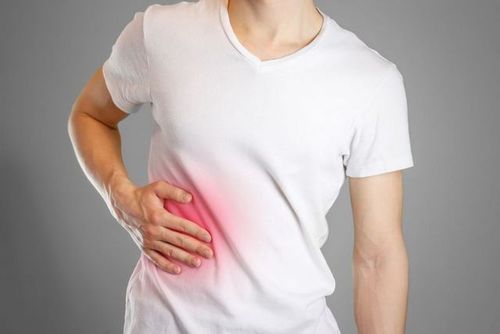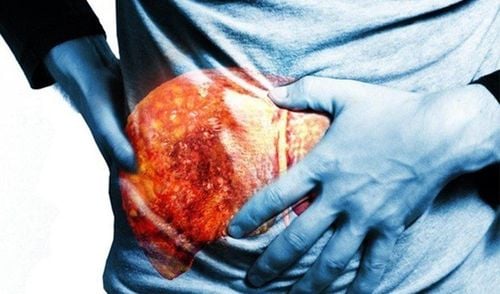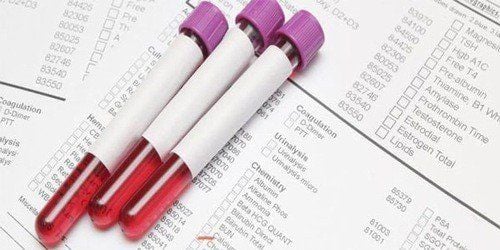Hepatitis B is a serious disease and one of the leading causes of liver cancer. Therefore, many people often have concerns related to hepatitis B testing, including whether fasting is required for the test, what steps need to be taken, and the costs involved in the testing process.
This article was written under the professional guidance of the doctors from the Department of Gastroenterology - Hepatology - Vinmec International General Hospital.
1. Does hepatitis B testing require fasting?
1.1. Case where fasting is not required
The two main tests commonly prescribed for detecting hepatitis B in patients include:
• HBsAg Test: This test checks for the presence of the hepatitis B virus in the blood. A positive result indicates that the patient is infected with the virus. Additionally, this test helps assess liver health, identify early risks of cirrhosis, and detect other liver-related health issues.
• Anti-HBs Test: This test detects the presence of antibodies against the hepatitis B virus in the blood. A positive result indicates that the patient has immunity to the virus, either due to vaccination or prior infection. A negative result means the patient lacks antibodies and should be vaccinated to prevent hepatitis B.

To answer the question "Is fasting required for hepatitis B testing?", medical experts state that fasting is not necessary for the two tests mentioned. The reason is that hepatitis B is primarily transmitted through blood and is not affected by the nutritional components in food. Therefore, patients can eat lightly before the test to avoid hunger and the risk of low blood pressure due to fasting.
1.2. Case where fasting is required
In addition to the basic hepatitis B tests mentioned, depending on the patient's symptoms and health condition, the doctor may recommend additional tests such as liver biopsy, liver enzyme levels, core antibody tests (Anti-HBc), hepatitis B envelope antigen (HBeAg) tests, and other tests. In some cases, the patient may be required to fast or strictly follow the instructions of healthcare staff to ensure the accuracy of the test results.
For example, in order to assess liver function and the extent of liver damage, fasting for approximately 8-12 hours before the test is required. Foods high in fats, as well as beverages containing caffeine or alcohol, may interfere with the test results. Additionally, before performing a liver ultrasound, patients should fast for at least 4 hours to avoid food obstructing the visualization and diagnostic imaging of the liver.
1.3. Other case
In the case of a liver biopsy, eating a full meal may cause the gallbladder to contract, reducing the risk of accidentally puncturing the gallbladder during the procedure. However, fasting may reduce the risk of vomiting after the procedure. Therefore, whether or not a patient needs to fast before undergoing a liver biopsy depends on the specific instructions provided by the treating doctor.
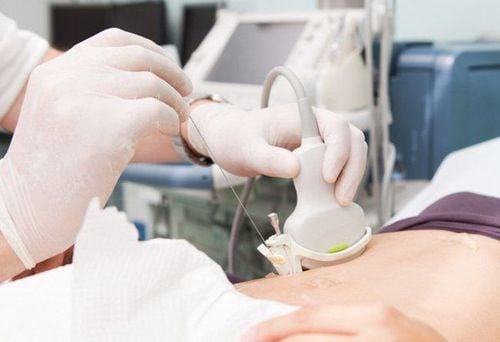
2. What should be done before a hepatitis B test?
After understanding whether fasting is required for a hepatitis B test, patients should also know what needs to be done before the test. Although fasting is not strictly required before a routine hepatitis B test, patients should avoid overeating or consuming large amounts of food. Instead, it is advisable to drink plenty of water to support the body’s detoxification process. Additionally, it is important to avoid stimulants such as alcohol and foods harmful to the liver for at least two days before the test to ensure the accuracy of the results.
In addition, patients should consider scheduling the test in the morning. After a night of rest, the liver will be in its optimal state to provide the most accurate test results.
3. Cost of Hepatitis B Testing
Vietnam is a country with a high rate of hepatitis B virus infection, and it is also one of the leading causes of liver cancer development. Therefore, hepatitis B testing is widely performed in hospitals across the country.
The cost of hepatitis B tests varies depending on the type of test and the healthcare facility conducting it. Specifically, the HBsAG test typically has the lowest cost, while the anti-HBc test, which detects the core antibody, tends to be more expensive, with prices ranging from several hundred thousand VND. This allows patients to access testing services without the concern of excessively high costs.
If patients require more in-depth tests to evaluate the viral envelope and core, these tests will require more complex techniques and may incur higher costs. For patients who wish to gain a more comprehensive understanding of liver function, the cost of testing may reach several million VND. However, the results from these tests will provide valuable information, helping both doctors and patients better understand the condition of the liver, and thus enable the development of an effective and appropriate treatment plan.
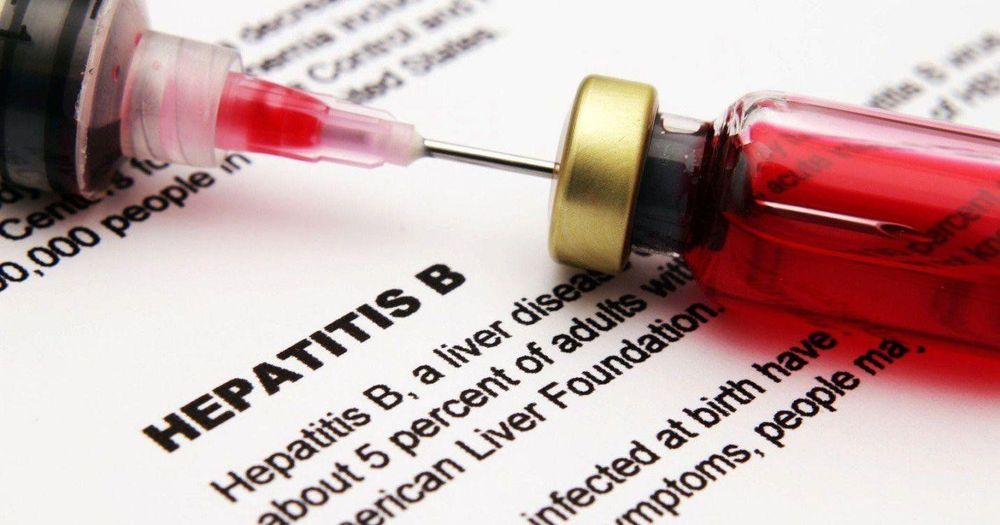
4. The importance of hepatitis B testing
Hepatitis B is one of the dangerous infectious diseases with a high transmission rate. Early detection of the disease is a key factor in timely and effective treatment. However, many people are still not fully aware of the importance of testing for the hepatitis B virus.
According to expert recommendations, hepatitis B testing is essential for everyone, whether or not they have the disease. Test results not only help detect the disease early but also assist doctors in developing an appropriate treatment plan.
• For individuals who have been diagnosed with the disease, hepatitis B testing helps monitor the progression of the illness, the level of infectivity, and the amount of virus in the body. From there, doctors can choose the optimal treatment method and effectively manage the disease.
• For individuals who have not yet contracted the disease, regular testing helps detect the presence of the virus at an early stage, thereby preventing the disease from progressing to a more severe stage in a timely manner.
• Individuals who are unsure whether they are infected with the virus, especially if they have risk factors, should undergo testing as soon as possible. If the test result is negative, receiving the hepatitis B vaccine is the next essential step for disease prevention.
• Those who have been vaccinated should also check their antibody levels (anti-HBs) regularly every 2-3 years to ensure effective protection against the virus.
To arrange an appointment, please call HOTLINE or make your reservation directly HERE. You may also download the MyVinmec app to schedule appointments faster and manage your reservations more conveniently.
To arrange an appointment, please call HOTLINE or make your reservation directly HERE. You may also download the MyVinmec app to schedule appointments faster and manage your reservations more conveniently.
